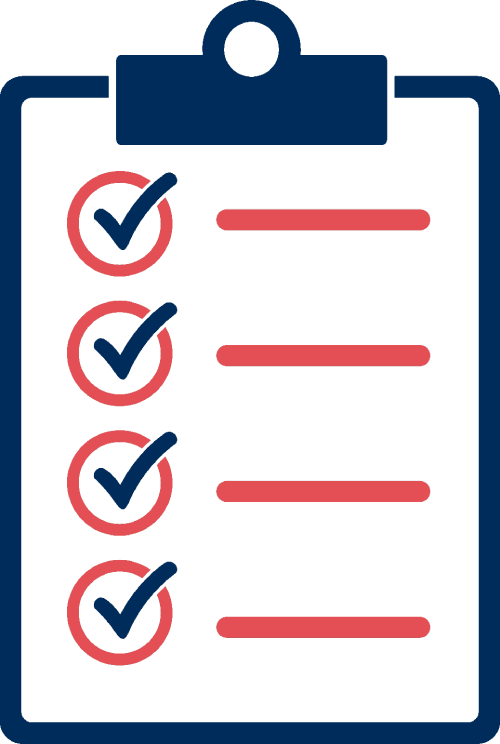
The UK Patent Box offers eligible businesses a reduced Corporation Tax effective rate of 10% on profits derived from patented products or services. However, the eligibility criteria sometimes leave claimant companies confused.
A company may be eligible if it owns specific intellectual property (IP) rights or has an exclusive license. But what does “exclusive license” mean in this context?
What is an “exclusive license”?
A company will be considered to have an exclusive license for a qualifying IP if it meets the following conditions:
- The license has been granted by the owner of the IP (also called the licensor)
- The license grants the company the right to use the IP exclusively in a particular jurisdiction (usually a country or countries). This excludes anyone else from using it there.
- The company can sue for IP infringement without permission from the owner, and they would keep most or all of the damages if awarded.
Exclusive license and company groups
Special IP licensing rules may apply within a company group. For instance, if one company within the group obtains all intellectual property (IP) rights from another company in the same group, this transaction may still be viewed as an exclusive license.
This can significantly impact how the IP can be used across the group, in addition to potential Patent Box tax relief claims.
What is a sole license for IP?
A sole license for IP is similar to an exclusive license; the only difference is that the exclusivity of the license does not extend to the licensee. In simple terms, a sole license means only the IP owner and the recipient of the exclusive license can use it.
What is a “non-exclusive license”?
Non-exclusive licenses, also called ordinary licenses, let someone use IP but do not prevent the owner from giving the same rights to others. This means the owner can license the same thing to multiple people and use it themselves.
What does this mean for Patent Box claims?
The goal of the Patent Box regime in the UK is to encourage companies to develop and use innovative IP within the economy.
Companies that do not own the IP in question can still qualify for the benefit through an exclusive license over the IP. Patent Box rewards innovative companies that drive advances in products, processes, or services that others do not.
An exclusive license better incentivises the licensee to invest in exploiting the patent. Without exclusivity, the licensee has less of a competitive incentive to develop and commercialise the IP.


Darryl Hoy
Darryl is the Technical Director of the Radius team. He is a specialist in Research & Development tax reliefs, having previously worked at HMRC as an R&D Tax Inspector.
View my articles